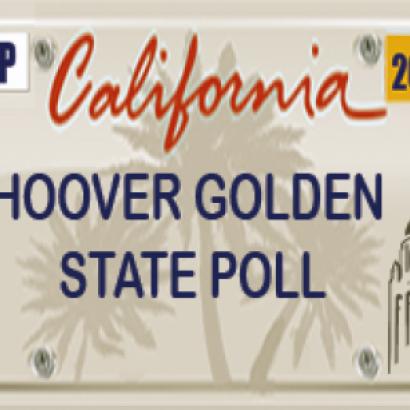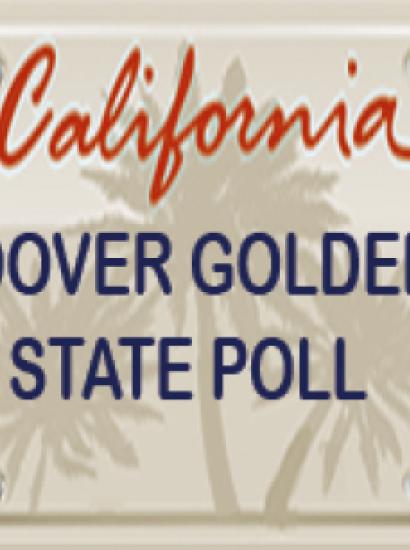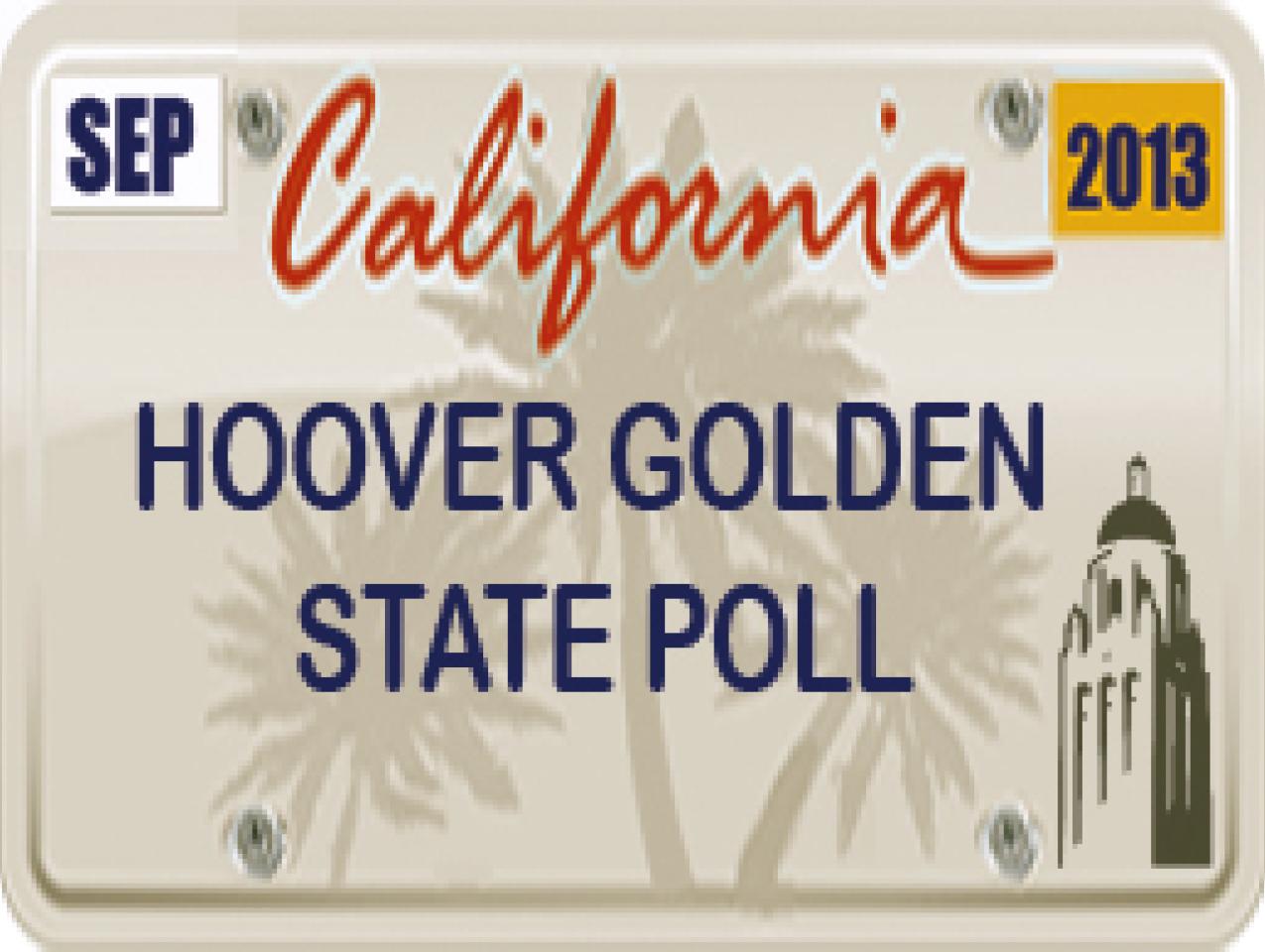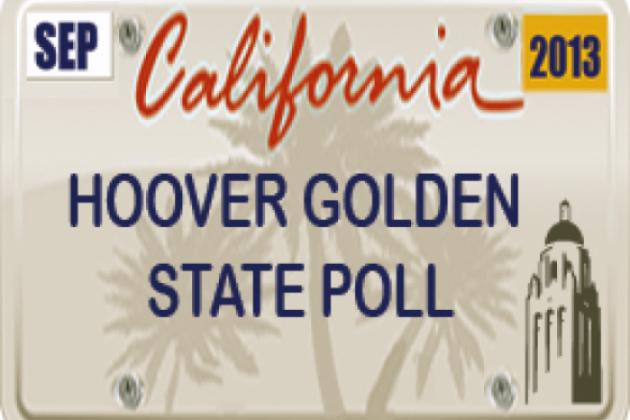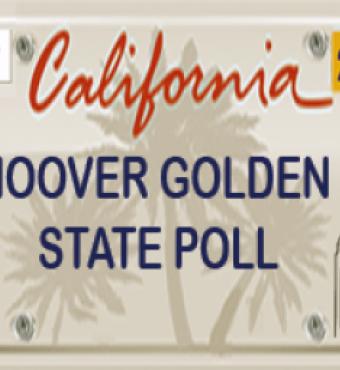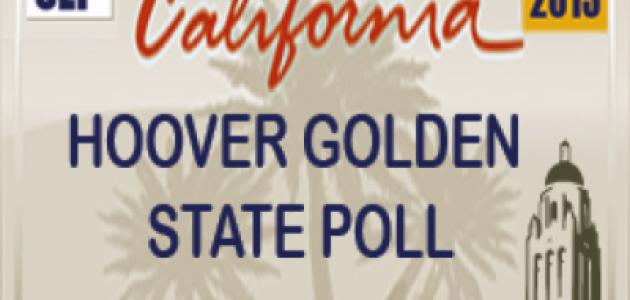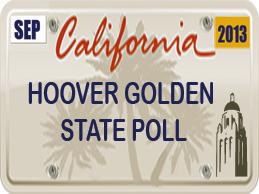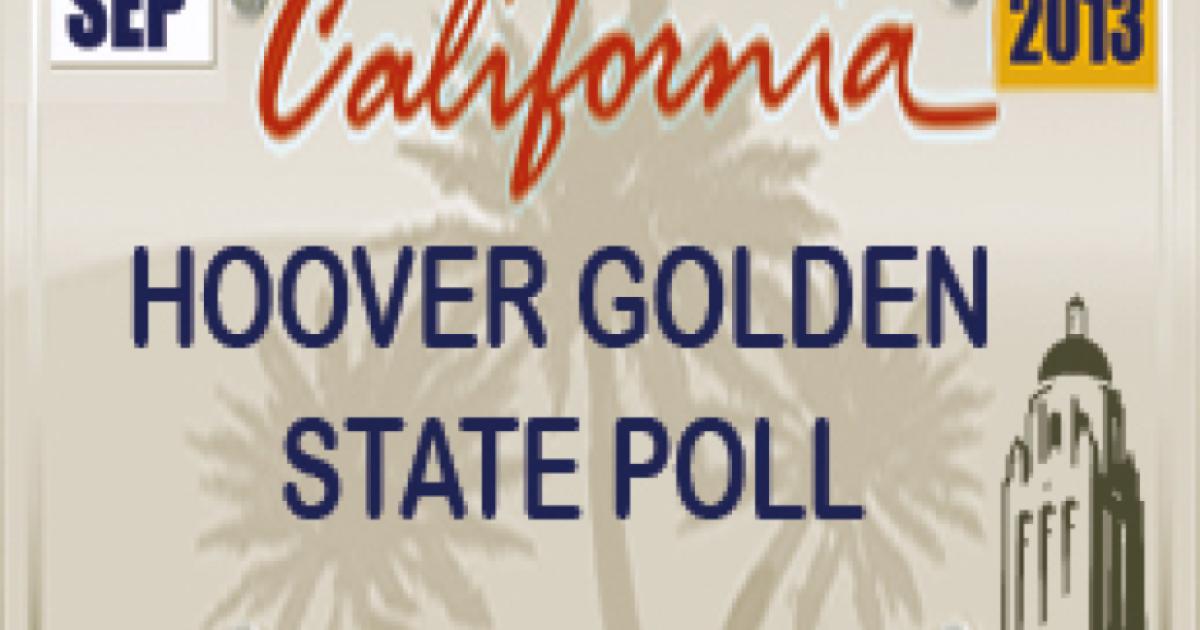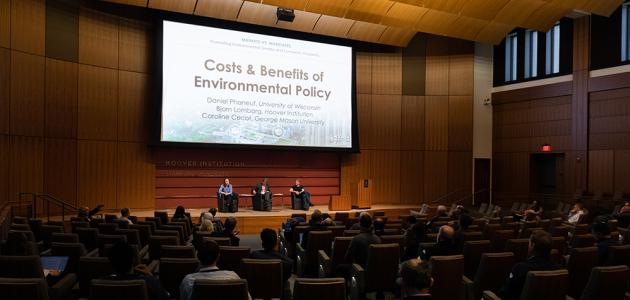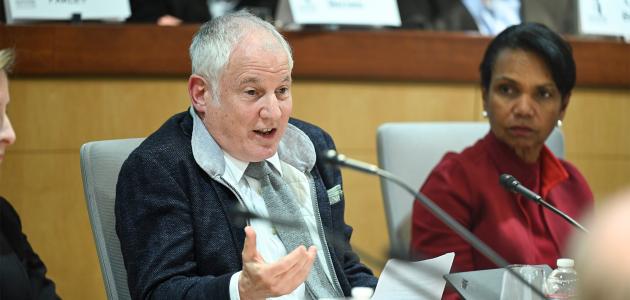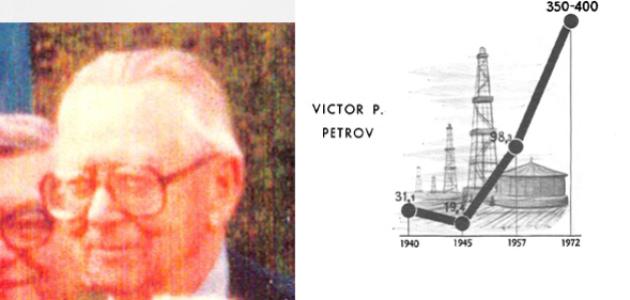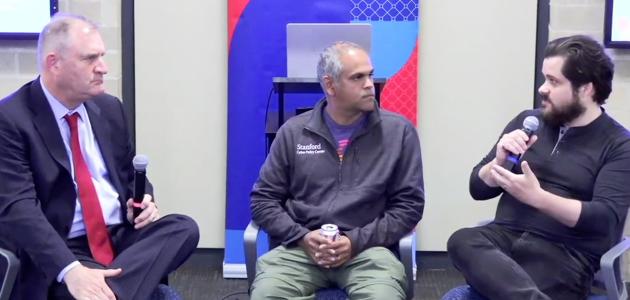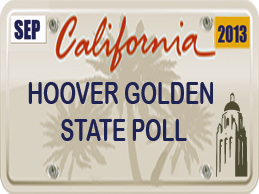
Despite their state’s ongoing recovery, Californians continue to lack confidence in their personal finances and job mobility, according to the newly released Hoover Institution Golden State Poll. The survey also found that voters were divided on fracking and unsure about the effects of California’s climate change law.
Between August 27 and September 5, 2013, the Hoover Institution at Stanford University surveyed one thousand Californians about their views of their personal financial well-being and pressing energy policy issues facing the state, focusing on climate change and AB 32—the state’s much-debated climate change law—as well as their attitudes toward hydraulic fracturing or fracking for oil and natural gas. Administered by the survey research firm YouGov, the poll has a margin of error of plus or minus 4.23 percent for the full sample.
“Although numerous reports suggest that California is in the midst of a comeback, Californians haven't come around to the concept that the golden days are here again,” stated Bill Whalen, a research fellow at the Hoover Institution. “The survey's data, backing up economic statistics, reinforces the concerns out there that this recovery is fragile and that there are good reasons for skepticism to trump optimism.”
Full survey results available here.
Listen to Hoover fellows discuss the poll.
Among the survey’s findings:
Twice as many Californians said they are financially worse off (33%) over the last year than said they are better off (17%). That’s roughly the same ratio the Hoover Golden State Poll found last year, in our October 2012 survey, when 34 percent of Californians said they were worse off financially than a year ago and 19 percent said they were better off.
Among survey respondents who are currently employed, more than half (55%) said they were not confident in their ability to find another job in California within six months that pays as much as they are making now.
Californians are evenly split with many unsure about hydraulic fracturing or “fracking.” When asked to consider both the economic benefits and the potential environmental harms, 38 percent described their view of hydraulic fracturing as positive, 40 percent had a negative view, and 22 percent said they were not sure.
When it comes to state revenues generated by AB 32, most Californians (42%) want the money refunded to taxpayers. That’s roughly twice the percentage who would like to see the money directed to energy efficiency/renewable energy tech (18%) or state general expenditures, such as education or health care (18%), and more than six times the percentage (7%) who would like those funds spent on the state’s high-speed rail project.
Large partisan differences emerged over what Californians think AB 32 will mean for gasoline prices and their electricity bills. Fifty percent of self-identified Republicans think the price at the pump will go up more than 30 cents per gallon, but only 15 percent of self-identified Democrats share that view, along with 33 percent of independents. Forty-seven percent of self-identified Republicans said they expect their electricity bill will go up by more than 10 percent, in contrast to 11 percent of self-identified Democrats and 27 percent of independents.
The Hoover Institution Golden State Poll is conducted quarterly by researchers at the Hoover Institution at Stanford University, in partnership with the survey research firm YouGov. The August/September 2013 Hoover investigators are Jeremy Carl; Lanhee Chen, PhD; Tammy Frisby, PhD; Bill Whalen; and Carson Bruno. Survey respondents are matched on a set of individual characteristics; the sample is statistically weighted based on estimates from the American Community Survey, the Current Population Survey, and the Pew Religious Landscape Survey.







